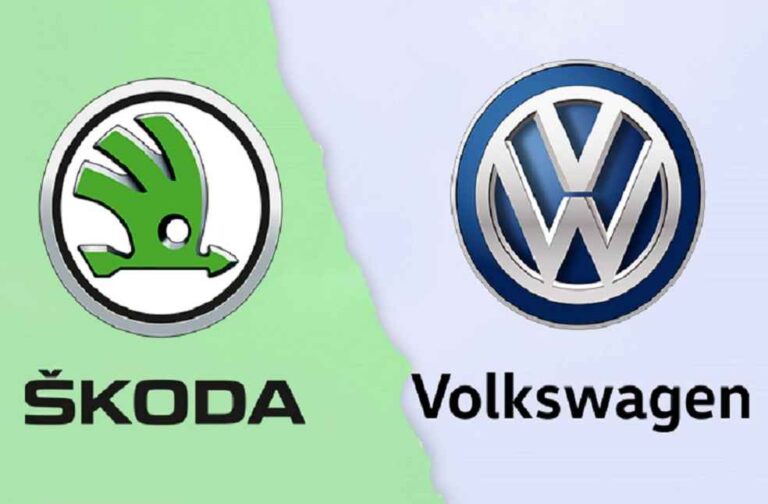Significant development, Skoda, a brand under the Volkswagen (VW) Group, has been tasked with the future development of the group’s EA 211 series internal combustion engines. This strategic move comes as VW Group increases its focus on battery-electric vehicles.
The EA 211 series engines are slated to power 50 model lines across seven VW Group brands, including Audi, Cupra, and VW itself. These engines are available in three-cylinder and four-cylinder configurations, with sizes ranging from 1.0 liter to 1.6 liters. They are extensively used in mild-hybrid, plug-in hybrid and non-electrified models, primarily in the European market.
Skoda has been traditionally responsible for older automotive technologies or those targeting cost-conscious emerging markets within the VW Group. It currently oversees the development of naturally aspirated MPI versions of the EA 211 series. With this new assignment, the Czech-based automaker will extend its responsibility to the turbocharged TSI versions as well.
In a statement, Skoda mentioned that its developers would continue to adapt and enhance these engines to meet the demands and regulations of numerous global markets. The primary objective, as per Skoda, is to “develop even more powerful and more fuel-efficient engines with lower emissions, with an emphasis on maximum reliability.”
Skoda has a proven track record in engine development within the VW Group. It began production of 1.0-liter MPI-type engines from the EA 211 series in 2012 at its Mlada Boleslav headquarters. Following this, the brand was entrusted with the complete development of MPI power units. The 1.2 HTP three-cylinder EA 111, the precursor of the EA 211, was developed by Skoda and has been used in 3.5 million VW Group cars during its 15 years of production.
This strategic decision points towards the VW Group’s approach to maintain its stronghold in the traditional internal combustion engine market while simultaneously intensifying its efforts in electric vehicle technology.
OBSERVATION: Major Indian Cities to Bid Adieu to Diesel Cars by 2027, Aims for Greener Future





